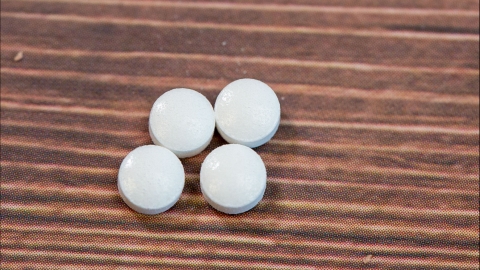Can Roxithromycin and Licorice Tablets be taken together?
Roxithromycin and licorice tablets can usually be taken together. As they work through different mechanisms, their combined use can help fight infection while simultaneously relieving respiratory symptoms. This combination is commonly used in clinical practice to treat cough and sputum production caused by bacterial infections, but should only be used under a doctor's guidance to avoid self-adjusting the dosage. If any adverse reactions occur, prompt medical attention is recommended, and treatment should follow the physician’s instructions for medication selection.

In terms of pharmacological effects, roxithromycin is a macrolide antibiotic that kills respiratory bacteria by inhibiting bacterial protein synthesis, thereby controlling the source of infection. Licorice tablets contain ingredients such as licorice extract powder, which have antitussive and expectorant effects, helping to relieve respiratory discomfort caused by infection. The combination of these two agents provides dual benefits—anti-infective action and symptomatic relief—and their effects are complementary with no obvious antagonism.
It should be noted that long-term or excessive use of licorice tablets may lead to water and sodium retention and elevated blood pressure, while roxithromycin may cause gastrointestinal discomfort. When using both medications together, it is essential to strictly follow medical advice regarding duration and dosage, especially for patients with hypertension or gastrointestinal disorders, who should use them cautiously. Additionally, licorice tablets contain opium powder, and prolonged use may lead to dependence; therefore, patients should not extend the treatment duration on their own.
During medication, it is advisable to drink plenty of warm water to moisten the respiratory tract and help loosen phlegm. Diet should be light, avoiding spicy or irritating foods that could worsen coughing. Sufficient rest should be ensured to reduce physical exertion and support recovery. Patients should also closely monitor changes in symptoms and any potential drug reactions.




